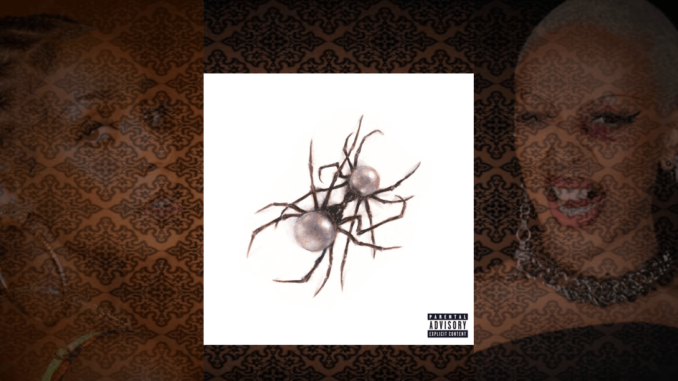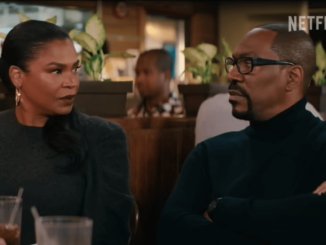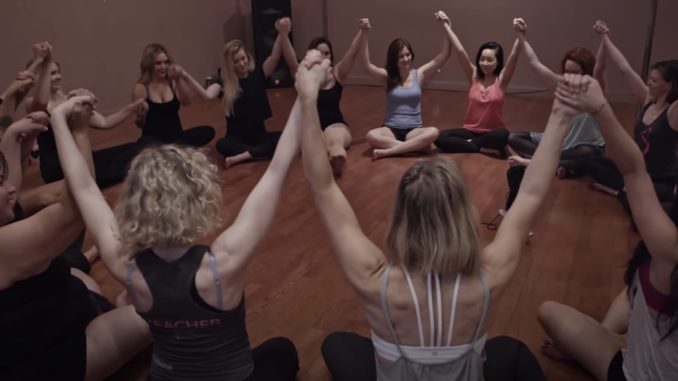
Netflix is easily becoming content king in an industry that pines over the next big thing. From Shonda Rhimes’ Bridgerton to History of Swear Words hosted by Nicolas Cage, the streaming giant has made it very clear that the platform it provides, for the most part, does not discriminate on the type of content is shown.
Hence its latest addition Strip Down, Rise Up, a tantalizing documentary about a group of women of varying ages and sizes trauma bonding and coming to terms with their own body issues through the art of pole dancing.
Directed and produced by Academy Award nominee Michèle Ohayon, the cast is led by Sheila Kelley (The Good Doctor, The Guest), who is author of the fitness novel The S Factor: Strip Workouts for Every Woman based on her experience in ballet, exercise and exotic dancing. Others featured on the documentary include Rock of Ages’ Jenyne Butterfly and newcomer Amy Bond.
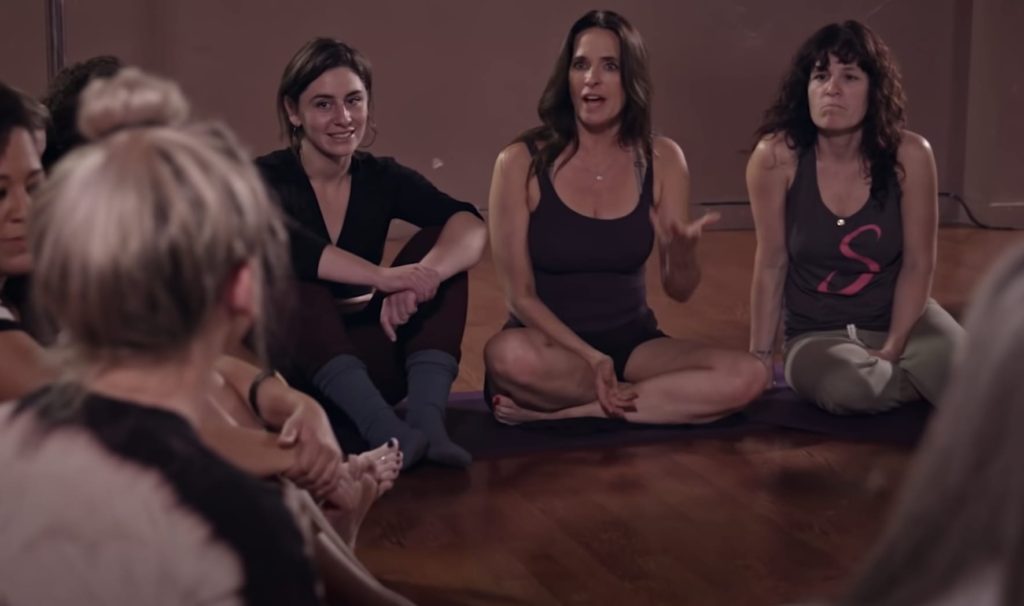
In the trailer, a group of women learn how to be more sensual and accepting of themselves despite their past traumas. One woman suffered the loss of her husband, while another was sexually assaulted as a young girl. Testimonials from the women play in between clips of them gliding down the pole.
“Some people come in just to learn how to pole dance and their minds are blown open that it touches a part of themselves that they didn’t know they had,” said Kelley.
As the women join the pole dancing class, they learn how to express themselves in ways that were once considered taboo. Some of the benefits of the class include better fitness and greater confidence. One woman in the trailer shares why she decided to take up the challenge of acquiring the athletic skillset.
“It’s not about feeling pretty, it’s about feeling powerful,” she said.
The timing of a documentary delving into the “world of pole” is perfect considering the onslaught of female empowerment, sexual liberation and body positivity discourse in American entertainment. In recent years, it’s become even more commonplace in hip hop as female rappers have eased the topic of adult sexuality onto the impressionable youth (the floodgates have opened to accessing this content which is widely available on various social media platforms with no child safety precautions) as they hide behind the guise that it is up to the parent to shutter out the content (basically, turn your child into a monk).
It’s been explored in original scripted programming, such as P-Valley and Magic Mike, and shown in the reality television sector with Beyond the Pole and Vivica’s Black Magic. Indeed, there’s an audience who enjoy this content and want to see more of it.
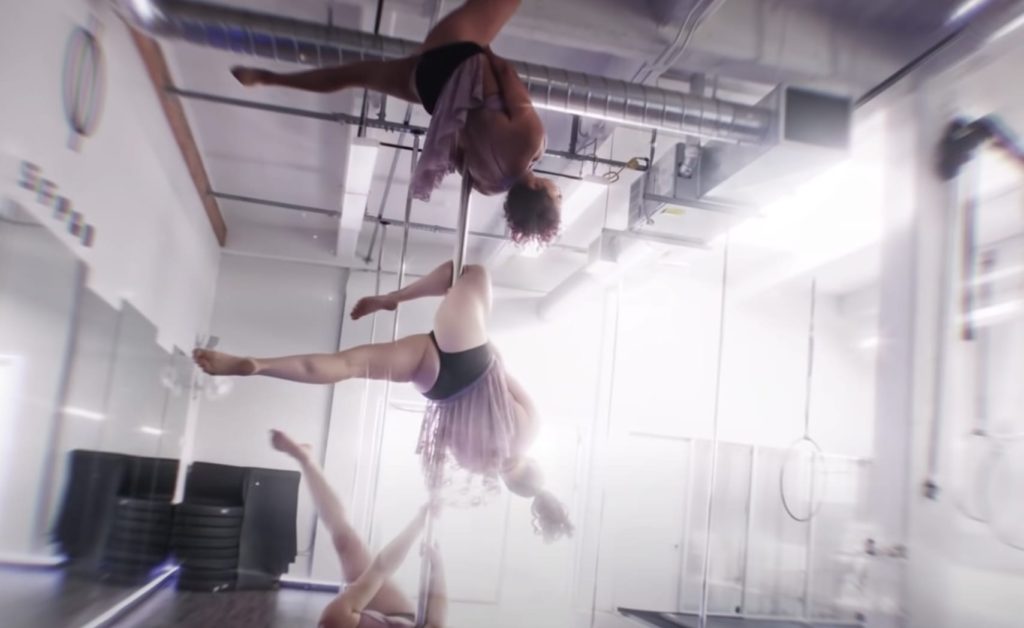
With that said, do these types of programs add to the female movement for empowerment? Will women publicly objectifying themselves and reducing themselves to sexual beings — doing what men have done to women for so many years — be the key to accessing any of the equalities and equities that men have begrudgingly possessed over the years?
What are those equalities and equities? Perhaps, the right to have equal pay, or to have access to the same career opportunities and resources, or to not be mistreated because of gender or sex, and at the bare minimum, respect. So, you tell us…is the new Netflix documentary Strip Down, Rise Up a win or setback for women?
